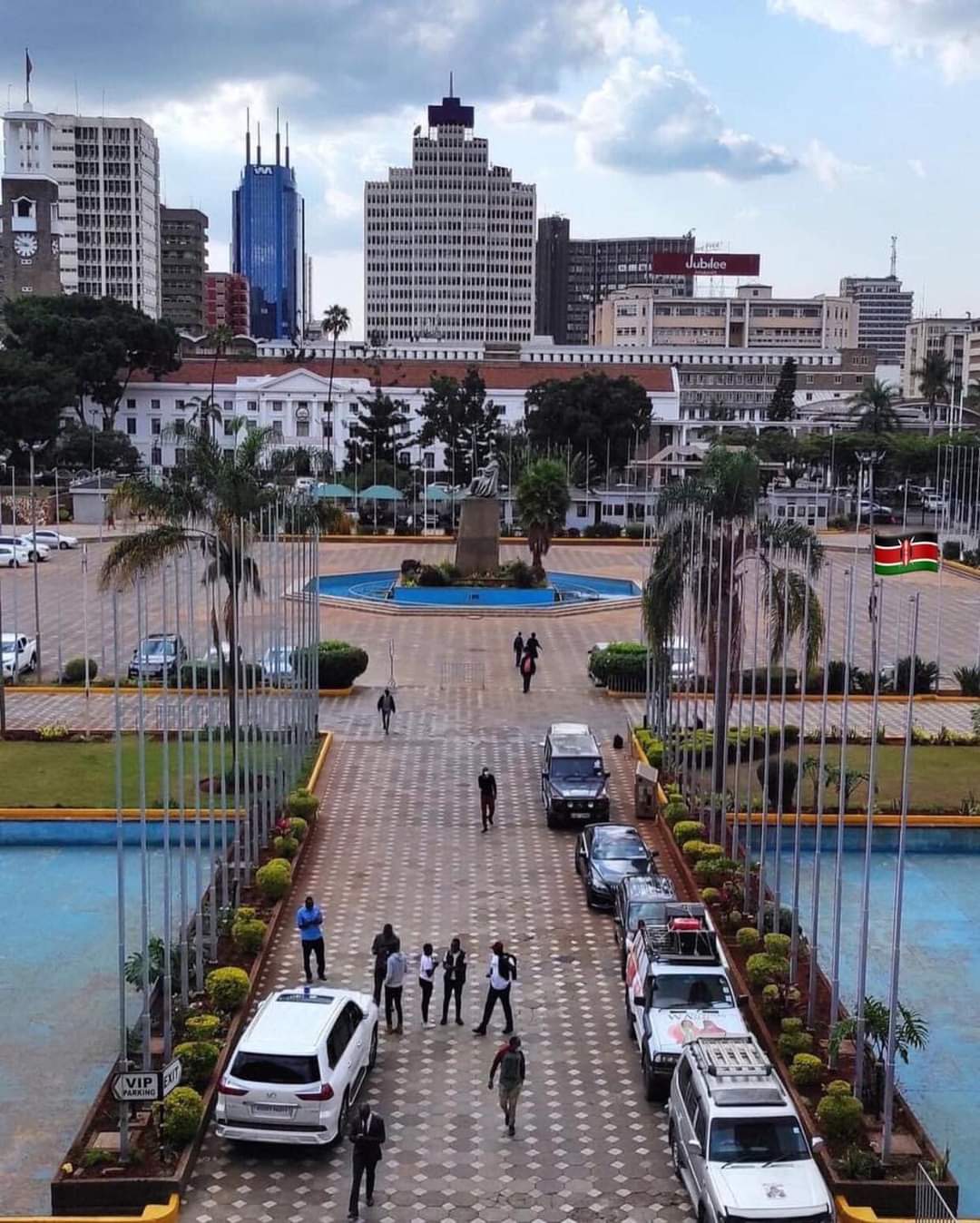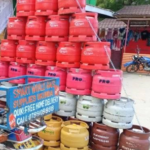The current hard economic times in Kenya have become an increasingly pressing problem. Many Kenyans are feeling the pressure of higher living costs in Kenya. The value of the Kenyan shilling has been dropping day by day. As a result, we have curated a list of smart ways of surviving in tough economic times in Kenya.
The cost of necessities has risen, whereas many individuals face decreased income and unemployment. This means they need help to afford to live a good quality life. The consequences of these issues are evident as many Kenyans struggle to cope with the country’s ever-rising living costs.
However, do I say that there is light at the end of the tunnel and that you can learn how to survive the challenging economic times in Kenya? Well, this blog explains how you can survive this economy with whatever you have.
I will unveil 11 tips to help you survive in these tough economic times in Kenya. These tips have helped me navigate my way of living, and I must say they are working for the better.
Keep reading.
Tips to Survive in Tough Economic Times in Kenya

As Kenyans struggle to make ends meet, finding ways to navigate these harsh economic conditions becomes paramount. Here are the practical strategies that have helped me to steady the boat and weather the storm during these challenging times:
#1. Surviving in Tough Economic Times in Kenya: Budget Wisely
During difficult financial times, a detailed budget that reflects your income will be a saving grace. A budget offers a window into how much income you have and how you spend it.
With this insight, you can quickly identify where to make sensible choices. As a result, you will reduce or eliminate useless expenditures. Consequently, you will have more cash to help you survive in tough economic times in Kenya.
Your budget should cover rent, food, electricity, transportation, clothes, and other essential expenses. Typically, rent takes a large portion of many people’s income. However, financial advisors recommend not spending more than 30% of your gross income (before taxes) on rent. According to studies, persons who spend more than this frequently have financial troubles.
#2. Save Money and Items
Setting aside some money as an emergency fund, even small, is vital. It’s usually a smart way of surviving tough economic times in Kenya.
Experienced money experts suggest a good plan to have a savings fund to pay for your expenses for around six months, especially when you don’t have extra money.
In addition, experts advise that setting aside at least 20% of your monthly earnings is smart. This helps keep you secure when your income is not steady such as during challenging economic times.
Alongside this, be conscious of how you spend each day between paychecks. For instance, adopting cost-effective alternatives makes significant differences. Therefore, find cost-effective options for essential goods and services without sacrificing quality, such as bulk buying, and consider locally sourced products.
Simple changes like using less electricity, preparing meals at home, and finding discounts on essential items can accumulate into substantial savings over time—strengthening your financial resilience. Additionally, research alternative providers for services like the internet and insurance to ensure you get the best value.
#4. Explore Opportunities to Earn Extra Income
To bridge the income gap when your salary falls short, consider engaging in an income-generating activity alongside your main job—a side hustle. This will help you survive the challenging economic times in Kenya. You should identify income-generating avenues, such as renting out unused spaces or offering services based on your skills.
This supplementary income can also come from leveraging your existing skills, launching a small business, or utilizing underutilized assets. For instance, if you have a vehicle, transforming it into a part-time taxi service after work and on weekends could provide an additional revenue stream.
Whether monetizing a hobby, providing consulting services, or tapping into the gig economy, creating additional income streams provides you with financial stability. As a result, you have the ability of surviving in tough economic times in Kenya.
#5. Network, Collaborate, Get Referrals
In the modern world, networking is pivotal in enhancing your net worth. Make your skills or business known within your network, as recommendations from acquaintances can lead to valuable opportunities. In addition, strengthening relationships with those who understand your capabilities increases the likelihood of recommendations for relevant opportunities.
Therefore, you should build a robust support network with like-minded individuals. For instance, join relevant social media groups for guidance, tips, and shared resources.
Networking with others facing similar challenges can provide valuable insights, cost-saving tips, and even potential income-generating opportunities you might not have discovered otherwise.
#6. Surviving in Tough Economic Times in Kenya: Keep Learning and Adapting
Given the evolving job landscape, possessing diverse skills is crucial. Employers increasingly value individuals who have versatility and a range of competencies. You should embrace a learning mindset to acquire new skills continuously. As a result, you will adapt to evolving circumstances and stay relevant and resilient. Learning new skills will significantly help you in surviving in tough economic times in Kenya.
Tap into the wealth of free online resources and courses to learn new skills that can generate income. In addition, online learning platforms and communities offer a wide range of courses, tutorials, and guides that enhance your expertise, opening up opportunities for personal growth and financial gain.
Learning an extra skill can make you more indispensable to your employer during turbulent periods. This additional skill can open doors to alternative income sources and entrepreneurial pursuits.
#7. Practice Good Financial Management
You should educate yourself on sound financial management. For example, seek resources and books that offer valuable insights into making informed financial decisions. A solid understanding of financial principles equips you with the knowledge and confidence to navigate economic challenges effectively.
In addition, you should minimize debt usage, pay off existing debts, and avoid high-interest loans. You can renegotiate payment terms if necessary. High-interest debts can become a financial burden, so prioritizing their repayment and working out more manageable payment plans can free up your financial resources for more pressing needs.
#8. Focus on Preventive Healthcare to Stay Healthy
Prioritize your health with a balanced lifestyle and healthy diet to prevent costly medical expenses. To survive the harsh economic times in Kenya, you need to be healthy. Therefore, consider eating healthy and doing exercises to avoid unnecessary sickness.
A healthy body and mind are essential for effectively managing and overcoming economic difficulties.
In addition, you should have health insurance, such as the NHIF, to help you with medical bills in an emergency.
Finally, cultivate a positive outlook to help you navigate through challenges. Focus on growth opportunities and solutions rather than dwelling on setbacks. A positive mindset boosts mental well-being and enhances creativity and resilience in finding innovative solutions. As a result, surviving tough economic times in Kenya will not be a big deal.
#9. Stay Connected with Your Community
You should engage with your community and pool resources, skills, and knowledge to provide mutual support during difficult times. In addition, establishing strong community connections creates a safety net that can provide emotional and practical support when facing economic uncertainties.
For example, you can collaborate with trusted friends or family members to share expenses, reducing financial burdens. Resource-sharing not only lightens individual financial loads but also fosters a sense of community support and solidarity during challenging economic times in Kenya.
#10. Surviving in Tough Economic Times In Kenya: Support Local Businesses
The call to Buy Kenya and build Kenya says it all. Therefore, prioritize purchasing from local businesses and artisans to contribute to the economy’s growth and stability.
Once you support local businesses, you help bolster your community’s financial health and foster a sense of solidarity that can lead to reciprocal support in times of need. This surport will help you in surviving in tough economic times in Kenya.
#11. Energy Conservation
You should reduce utility bills by conserving energy. Turn off lights and appliances when not in use. Alternatively, you can consider alternative energy sources like solar power.
Energy conservation contributes to lower bills and aligns with environmentally friendly practices, creating a win-win situation for your wallet and the planet.
Furthermore, consider using public transportation when feasible, reducing fuel and vehicle maintenance costs. In addition, opting for public transport helps you cut expenses and contributes to environmental sustainability by reducing carbon emissions.
Take Action with The Balozy App
In these tough economic times, let Balozy be your partner in finding affordable services and building financial resilience. Find local service providers for home repairs and maintenance to keep costs under control.
As a service provider, you can join our network to offer services and get referrals, expanding your opportunities.



